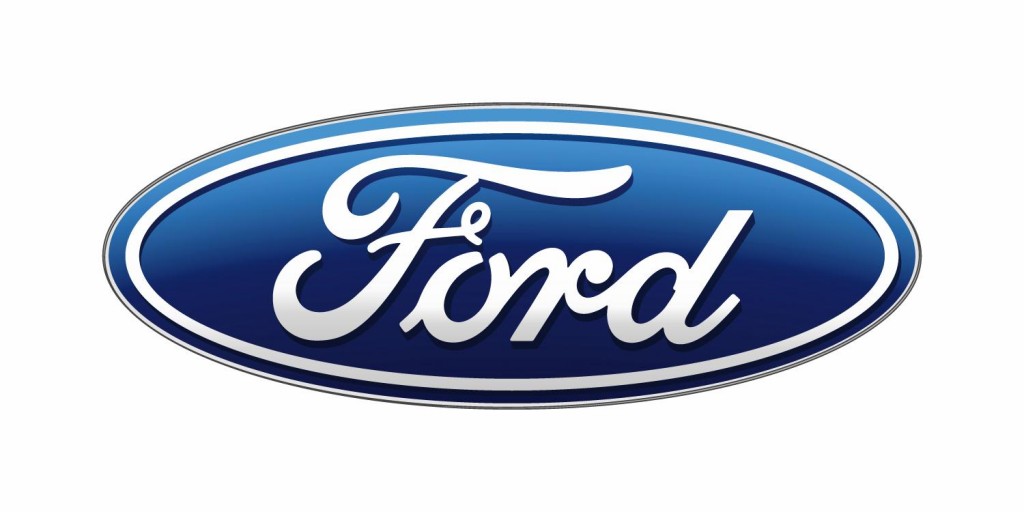
About the Author
Stephen Odell
Executive Vice President, Ford Motor Company
President, Ford of Europe, Middle East and Africa
Wednesday 2nd April 2014, Few industries generate as much cross-border trade, deliver as many products or use as many suppliers as the global automotive industry. So the prospect of trade liberalisation, reducing barriers and harmonising regulations is clearly something our industry should welcome.
As a global company, Ford recognises that the European economy, our business, and our customers would benefit from the Transatlantic Trade and Investment Partnership (TTIP) currently being discussed between the EU and the US.
A more competitive European auto industry would have significant positive effect on the European economy. Consider that our industry employs almost 13 million people, equivalent to more than one in 20 of the EU’s working population. The auto sector is also the EU’s largest investor in R&D, with €32 billion spent annually, accounting for 25 percent of all R&D spending.
With fewer trade barriers and greater regulatory harmonisation, the auto industry has the potential to be an even bigger contributor to the European economy. The converse could be true if we allow these opportunities to improve competitiveness slip through our fingers.
As the largest US manufacturer in the EU, with a significant sales, manufacturing, and R&D presence Ford has long operated what is, in effect, a virtual free trade area in the way we design, engineer, manufacture, and sell our vehicles here and in the US. Nevertheless, trade and non-tariff barriers continue to be an obstacle to free and fair competition. This has a negative impact on productivity, profit margins and the interests of consumers.
Given the significance of the automotive industry to the EU’s economic well-being, it is important that the industry can pursue strategies that enhance the bottom line and its ability to invest in the future. Such improved competitiveness and lower costs will not be achieved by the removal of tariffs alone, but also through the end of non-tariff barriers to trade – for example, through regulatory convergence and agreement on regulations and standards, where 80 per cent of the benefit will be realised.
A comprehensive TTIP between the world’s two largest trading partners that removes unnecessary burdens, limits regulatory complexity and reduces costs would unlock additional investment for R&D, training, and manufacturing to further improve safety, environmental performance and the consumer experience.
When faced with tougher competition, governments have a choice: to protect or to compete. In today’s world, if we choose protectionism then we choose a future of managed decline. In a truly open world, with a level playing field, free trade will ensure our economies become fitter, faster and more competitive. In turn, this will improve the climate for investment and job-creation. This is why Ford fully endorses a comprehensive TTIP between the US and the EU.
Stephen Odell, executive vice president, Ford Motor Company, and president, Ford of Europe, Middle East and Africa

Leave a Reply
You must be logged in to post a comment.